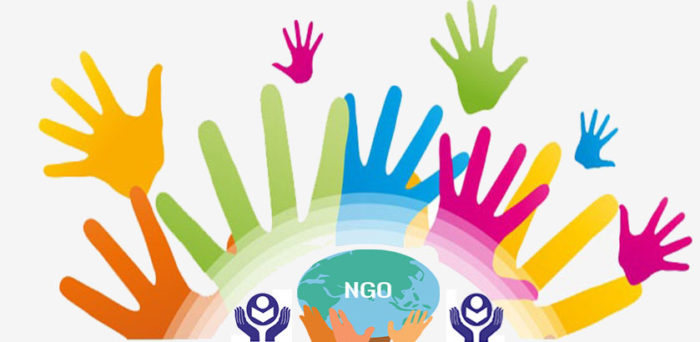By Folasade Akpan
The Society for Family Health (SFH), an NGO, has called for increased government ownership of the Tuberculosis (TB) programme through funding.
Dr Chizoba Abone, Director of Programme, Key Population Community HIV Services Action and Response (KP-CARE 2) Project for SFH in Nigeria, made the call on Friday in an interview with the News Agency of Nigeria (NAN).
The interview was to mark the World TB Day 2023 with the theme ‘Yes! We can end TB‘.
The day, commemorated on March 24 every year, aims to inspire hope and encourage high-level leadership, increased investments, faster uptake of new WHO recommendations, adoption of innovations, accelerated action, and multi-sectoral collaboration to combat the TB epidemic.
Abone also called for inter-sectoral partnerships and the development of indigenous, ingenious and innovative solutions to address existing gaps in TB case identification and management.
According to her, ending TB requires collective efforts and actions.
“Let us all play our part in ensuring that we rid the world of this deadly disease. Yes, we can end TB”, she added.
Abone said that the disease remained one of the deadliest infectious diseases of global impact, accounting for an estimated 30,000 new infections and 4,000 deaths daily across the globe.
Caused by the bacteria Mycobacterium Tuberculosis, a highly contagious organism, it spreads mainly through inhalation of droplets and primarily affects the lungs, though it could spread to other organs such as the lymph nodes, spine and other abdominal organs.
She said that though TB was a preventable and treatable disease, Nigeria had not been spared from the global scourge.
“It is ranked first in Africa and sixth among countries with the highest TB burden in the world with about 590,000 new TB cases and 245,000 TB deaths annually.
“Nigeria is also among the 10 countries that account for over 60 per cent of the global gap in TB case detection.
“As TB thrives among the immunocompromised, Persons living with HIV (PLHIV) in Nigeria currently have a 25 per cent TB co-infection rate, thus widening the morbidity and mortality associated with this disease, given the burden of HIV in Nigeria.”
She, however, said that notable strides had been made in TB prevention and treatment in Nigeria through multi-dimensional approaches and concerted efforts.
They include improved BCG immunisation with a 13 per cent increase in vaccination coverage from 62 per cent in 2010 to 75 per cent in 2021.
The scale-up of TB Preventive Therapy (TPT) among PLHIV, improved access to TB screening and diagnostics, such as Chest X-rays, Gene Xpert, TB- Lam and the review and adoption of WHO-recommended course-based treatments for drug- sensitive and drug-resistant TB.
According to Abone, in spite of the strides, closing the gap and ending TB remains a daunting task in the country, especially in the backdrop of conditions such as poverty and poor nutrition and TB knowledge gaps among the populace which propagate stigma and limit access to treatment.
Other inhibiting factors include inadequate diagnostic and treatment infrastructure, gross funding inadequacies and largely donor- driven funding for the TB program.
She, however, said that SFH had over the years positioned itself among the key players working to end TB in the country through implementing USAID and Bill and Melinda Gates Foundation-funded strategic interventions in 20 states of the federation.
“These interventions include community sensitisation and community-based TB screening for about three million persons, with over 30,000 cases detected and linked to treatment.
She said this “places about 50,000 PLHIV on TB preventive therapy, capacity building of healthcare workers as well as lay community teams on TB case detection and treatment, and economic strengthening of over 35,000 households of vulnerable population groups.
“It also rolls out activities at the state level to ensure ease of adoption and adaptation of WHO guidelines on TB case detection and treatment,” she said.
NAN reports that the WHO, as part of activities to eradicate the disease, will hold a high-level leadership and action to end TB.
The 2023 UN High-Level Meeting on TB at the General Assembly in September will bring together Heads of State, and provide the opportunity to mobilise political and social commitment to ramp up progress against the disease. (NAN)




